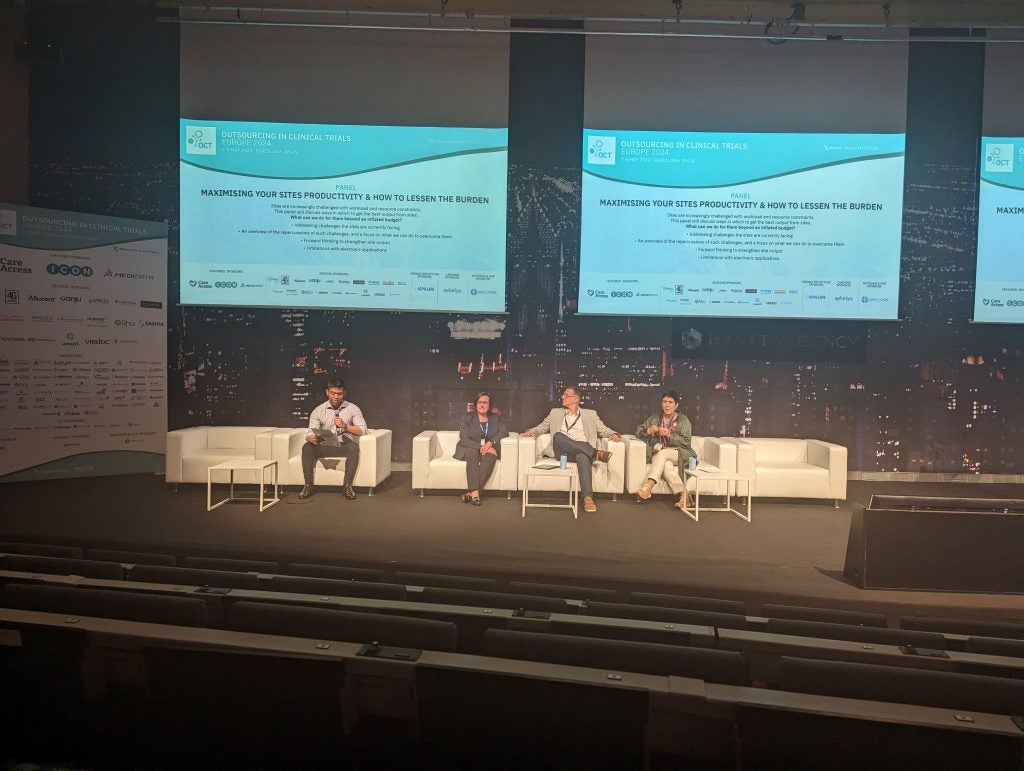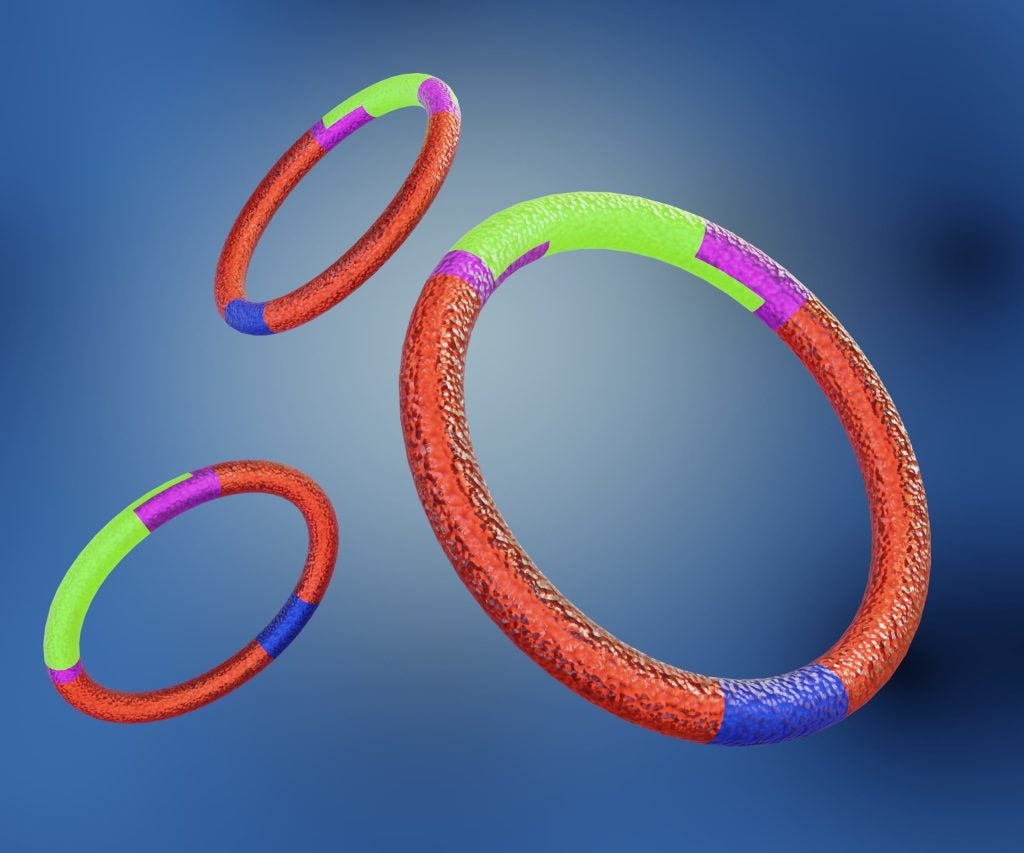NeuroSense is partnering with Boston-based company PhaseV, which specialises in using causal machine learning (ML) for clinical trial analysis and optimisation, in a bid to augment the data for the former's amyotrophic lateral sclerosis (ALS) therapy.
The collaboration aims to develop the Phase III trial protocol for NeuroSense’s ALS therapy PrimeC (celecoxib and ciprofloxacin). The company plans to use the analysis to inform trial design and patient enrolment, as well as ensure cost-effectiveness.
According to PhaseV ML analysis of the Phase IIb PARADIGM trial (NCT05357950) data, the company predicts a “high probability of success in multiple subgroups for the planned Phase III trial”.
The Israeli company said it plans to initiate the Phase III study for PrimeC in ALS in the next few months and submit its End of Phase II package to US and European regulatory agencies, including an updated Phase III trial protocol, soon.
Prime C is an oral fixed-dose formulation of two US Food and Drug Administration (FDA) approved drugs - celecoxib, a non-steroidal anti-inflammatory (NSAID), and ciprofloxacin, a broad-spectrum antibiotic. The combination therapy mitigates the degeneration and inflammatory response of motor neurons. It received orphan drug designation as a treatment for ALS from the FDA and the European Medicines Agency (EMA) in 2020 and 2021, respectively.
ALS is a rare fatal motor neuron disease, which is characterised by progressive degeneration of nerve cells in the spinal cord and brain. The disease affects two in 100,000 people a year, according to the US ALS Association.
Other ALS therapies in development include Calico Life Sciences’ and AbbVie’s eukaryotic translation initiation factor 2 subunit beta (EIF2B) inhibitor ABBV-CLS-7262, AL-S Pharma’s monoclonal antibody therapy AP-101 and Clene’s CNMAu-8.
NeuroSense is also evaluating Prime C in other neurological disorders such as Alzheimer's and Parkinson’s disease. The Phase II trial (NCT06185543) for PrimeC as a treatment for mild to moderate Alzheimer’s is currently recruiting patients. The study is expected to enrol approximately 20 participants and is slated to conclude in late 2025.
















